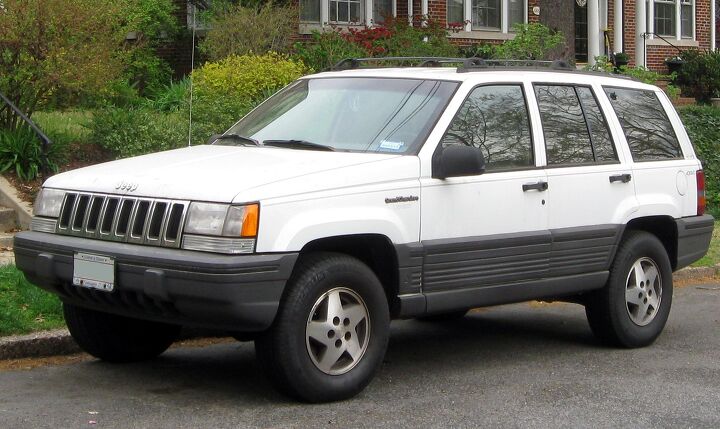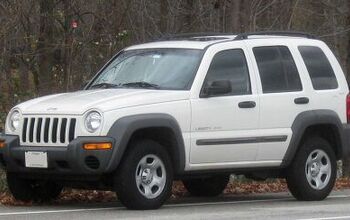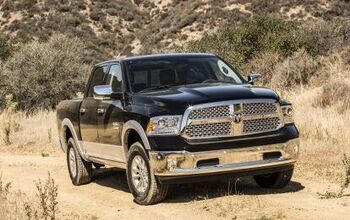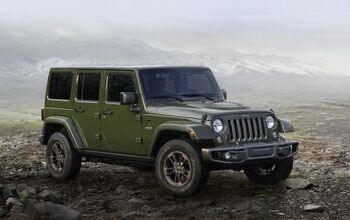Chrysler Stands Down, Recalls Jeeps
Facing a looming deadline to comply with a NHTSA request to recall 2.7 million 1993-2004 Jeep Grand Cherokee and 2002-2007 Jeep Liberty SUVs – some of which are close to 20 years old at this point – Chrysler had decided to comply with NHTSA’s request.
While Chrysler maintains that their vehicles are safety, the auto maker has decided to inspect and, if necessary, repair the affected vehicles, as per their official statement
As a result of the agreement, Chrysler Group will conduct a voluntary campaign with respect to the vehicles in question that, in addition to a visual inspection of the vehicle will, if necessary, provide an upgrade to the rear structure of the vehicle to better manage crash forces in low-speed impacts.
The issue revolves around rear-mounted gas tanks in the two models and the question of whether or not rear-end crashes can cause vehicle fires. NHTSA has been investigating the matter since 2010 and reports a total of 51 deaths resulting from 37 rear-end crashes in both cars.
Chrysler not only maintained that the Jeeps in question were safe, but mounted a mini-PR war against NHTSA, providing data on rear end crash fatalities. The company may have been right, but public perception may have been such that Chrysler didn”t want to risk going through what Ford did during the Pinto fire controversy. The PR battle would have been unwinnable, given the complexity of the issue and the public’s general aversion to nuance and detail when it comes to any sort of discourse. We’ll have more as this story develops.
More by Derek Kreindler


































Comments
Join the conversation
I own one of the Jeeps in question, an ''02 Grand Cherokee. It already has an outstanding recall for an airbag issue. Guess it will be a two-fer. I'm not remotely concerned, and tend to agree with Chrysler - 37 deaths in umpteen zillion miles in these things is just not cause for concern. This whole thing is just a colossal waste of resources all around.
I have to ask myself....where will this end? Does the govt have the power to order a recall on vehicles that fully met the safety standards at the time of manufacture? And go back 20 years? What's next I wonder.
I'm all for consumer safety. But this is completely BS and makes me understand why people hate government. Chrysler being forced to recall a vehicle product line that dates to 20 years ago that met all legal standards for sale and didn't show strong statistical proof of being more problematic than an average vehicle from that time period is the height of retardedness. And it's not even the "same" Chrysler with the bankruptcy. What's going to happen next, the NHTSA gonna have a problem with 1945 Willys MB Jeeps not having airbags or anti-crush roof protection and gonna force Chrysler to do a recall on them too? To anyone who works at NHTSA reading this and had a hand in it...WTF were you thinking?!?
Retro liability killed the general civil aviation manufacturers, which is why 40 year old Cessnas cost so much. Lawyers led the way in "exposing" design "flaws" by engineers who "reasonably" should have "known better" in 1956, when some overpaid physician and over-confident amateur weekend pilot augered in to zero altitude driving a Beech Bonanza, Bellanca, etc., etc. in 1978. This Jeep case is even worse. The government is doing the same as the tort lawyers in general aviation did, only they are basically saying their very own regulations were inadequate and now the new owner of a bankrupt company should be responsible for NHTSA inadequacies that occurred before their ownership. Only in America.